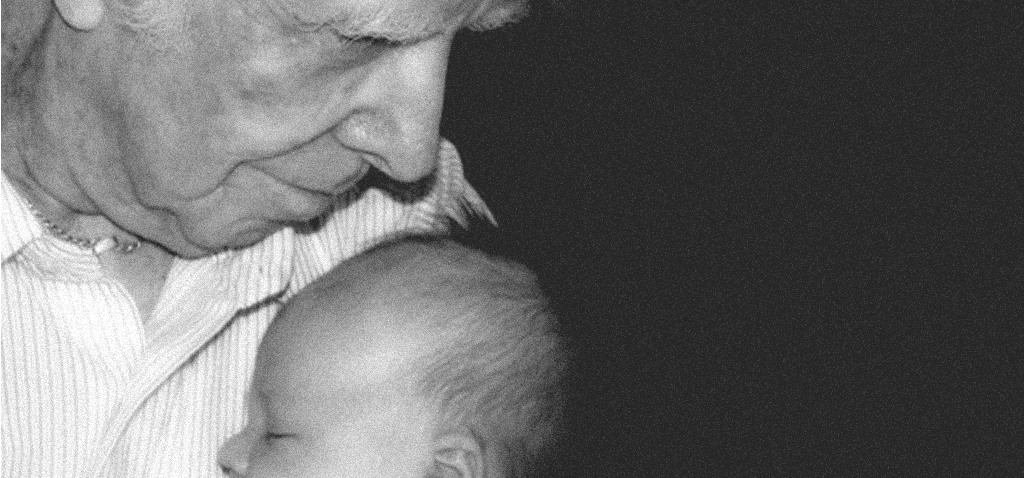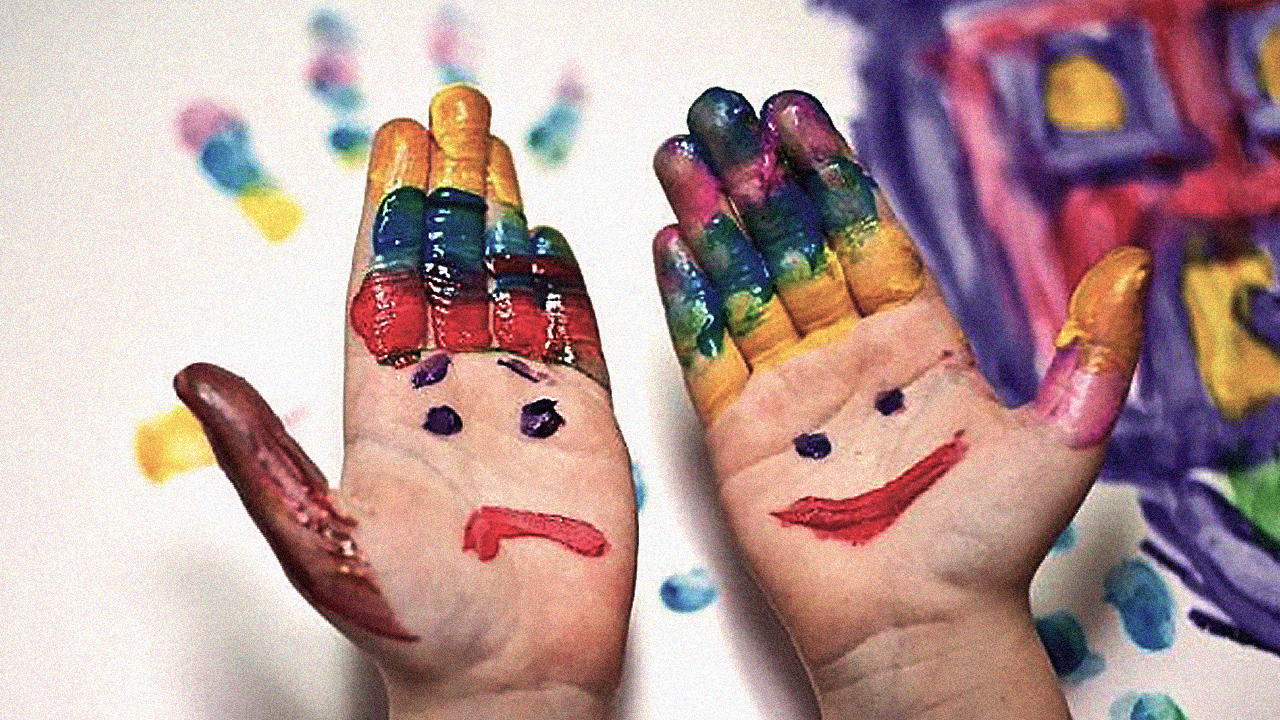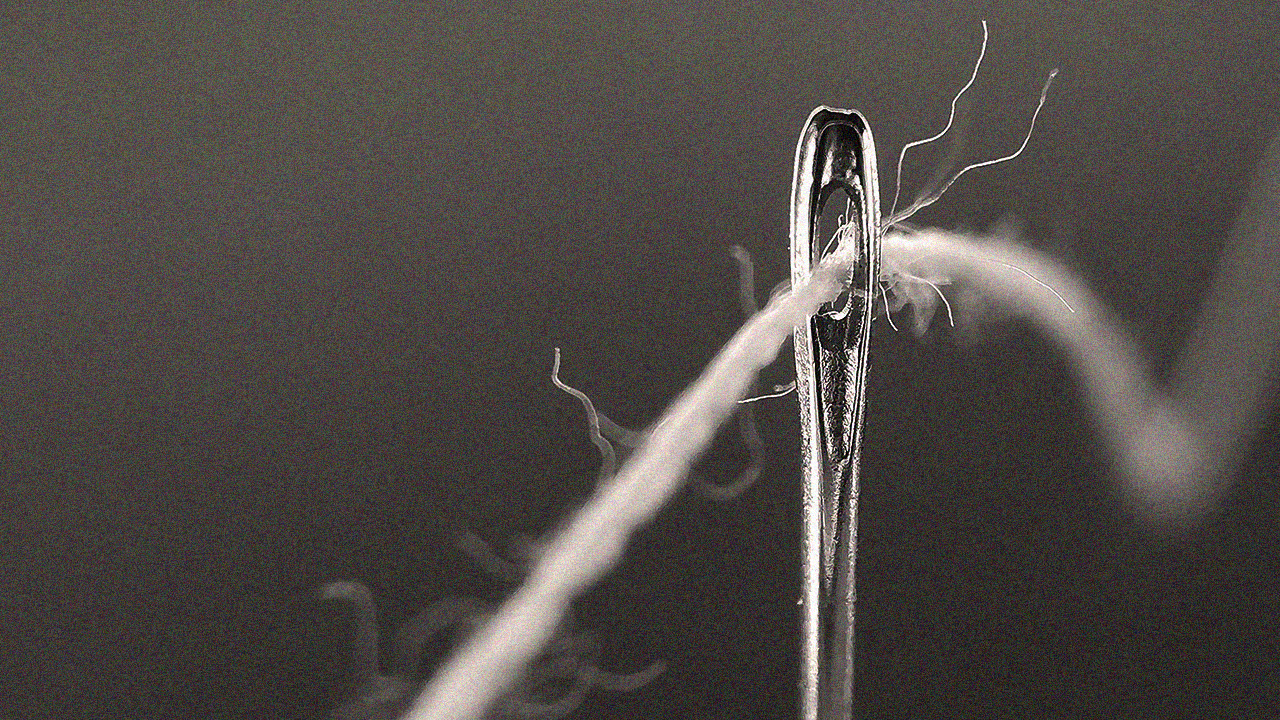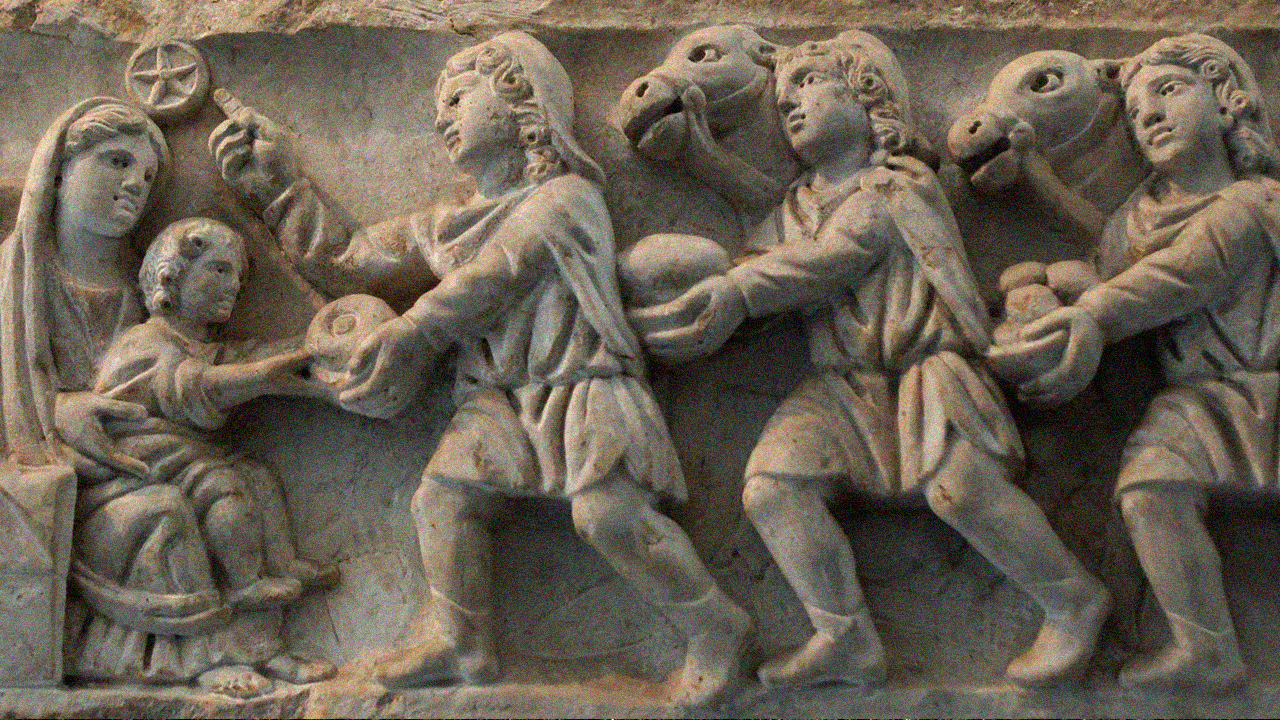
Beginnings and Endings
If you want to understand something, go to the beginning.
If you want to know something, go to the end.
The difference between understanding and knowing is as vast as that between a PC and an Einstein…between a spreadsheet and the Mona Lisa…the classroom and the concert hall. If understanding is defined as the mental image of a thing, then knowing is the experience of the thing itself. Still, understanding often precedes knowing just as beginnings precede endings, so priorities are nicely established. And beginnings are a very good placed to start.
Everything is most vulnerable at the beginning, most transparent. Before power and wealth have been amassed, there is no need for defense or secrecy—nothing to protect or penetrate. Before stature and fame, there is nothing to maintain—nothing to exaggerate or embellish. Unaware of their own importance, beginnings like infants can be just exactly what they are. Unselfconscious truth telling an unvarnished story. What a thing really is, is most apparent at the beginning.
From the moment nearly a hundred years ago when we first found evidence that our universe is furiously expanding in all directions like a single firework on the Fourth of July, we also imagined running the film in reverse, watching everything contract back to a tiny point of beginning. Now with a century of theory and experiments behind us, we understand that our beginning was much simpler than our middle or imagined end. In reverse, the complexities we see through telescopes and microscopes combine and merge into fewer forces and forms until at the very beginning, there was only one thing, one substance vibrating at infinite velocity and temperature. A grand unity in Einstein’s mind.
But what a thing is at its beginning is not the whole story of what it becomes. Endings look very different than beginnings at face value: what is built and amassed over the course of a lifetime differentiates each one of us from each other in endless diversity, and to know a person is to have experienced all that diversity intimately over time. And yet, endings bring us right back to the simplicity with which we began, stripping away the all the differences we’ve worked so hard to draw—which is why we fear them.
Back on earth, what does all this understanding help us know? Look around. Life seems dizzyingly complex, expanding outward in all directions, begging us to choose one thing or another if only to keep down the noise.
But sometimes life looks like a wave, sometimes a particle. Sometimes it works like law, justice, and obedience, and sometimes like mercy, compassion, and freewill. Sometimes it feels like showering grace and other times like the sweaty work of social justice. It flickers in the light of a single mystical candle for awhile then blinds us in an intellectual glare: miraculous one moment, convinced of rational explanations the next. Sometimes life is truly beautiful—sometimes it’s only cruel, and we think it surely can’t be both at the same time.
We think we have to choose.
But life is not just one thing; it’s all things at once. There is only one Way through, but that way is never either/or; it’s always both/and. Our mistake is not in choosing incorrectly, it’s in thinking that any one choice, any one understanding, is ever all/only. And the bigger mistake is trying to impose that understanding on someone else…because life is not meant to be understood. It’s meant to be known. And knowing life means experiencing all the diversity of life intimately over time. No picking and choosing which parts of life we prefer, which are good or bad to be cultivated or avoided. We might be able to understand a compartmentalized view of life, but life must be swallowed whole if we really want to know it.
As Jesus taught it, Kingdom is living life in such a way that endings look more and more like beginnings—where what we understand and what we know are telling the same unvarnished truth: that we come from one thing and return to one thing and the complexity and diversity in between is only necessary illusion—the price we pay for our self-awareness: the part of us that thinks in words and distinguishes ourselves from everything else. Kingdom is the balance of living as part of the diversity between beginnings and endings, between heaven and earth, yet fully aware of the oneness of everything behind the diversity. To live as fully connected in a seemingly disconnected world.
Can we learn to live like this? Endings embracing beginnings…unenviously gleaning smooth knowing from wrinkled experience? Beginnings resting against the heart of endings…dreamlessly secure in just the rhythm of the beat? To inclusively vibrate between the poles of life—loving both, preferring neither—and after all our exploring, end where we began and know the place for the first time? Kingdom is life like this.
Sorry, the comment form is closed at this time.






Wolfgang
So simple,complex and eloquent. I am deeply touched by your profound understanding and more importantly your experienced wisdom.
I am truly peiveledged to call you my friend and mentor.
I am in complete agreement with you and as you know, I have shared this sinse the 80’s. But with a much more basic vocabulary.
Thank you very much for sharing this.
Wolfgang
Dave Brisbin
Thanks so much for this, W! Means all the more coming from you…